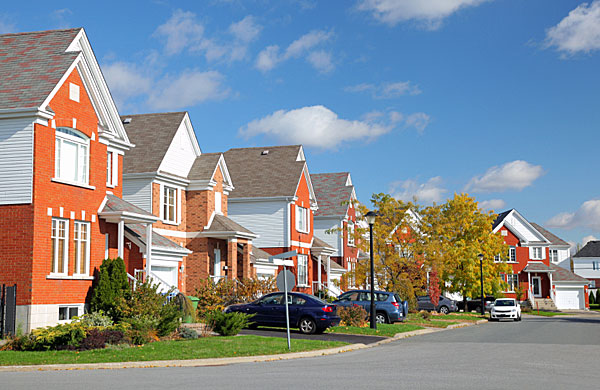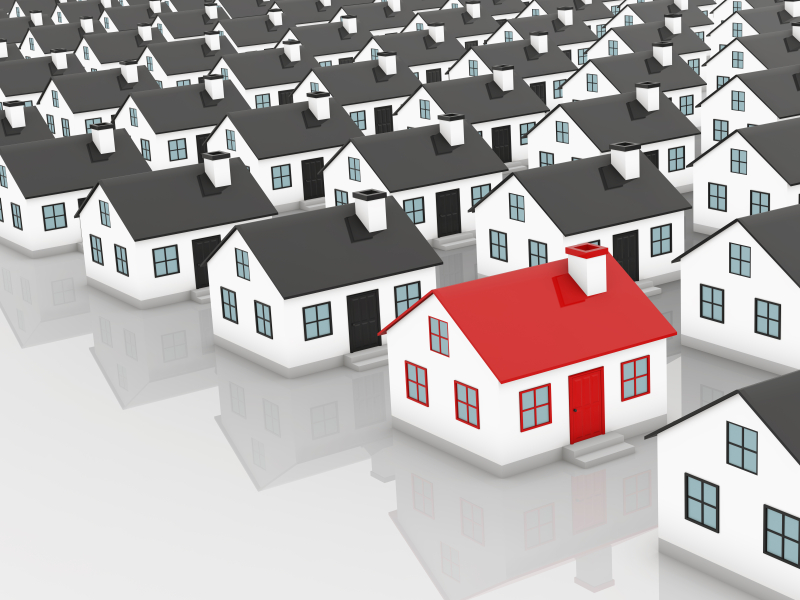HOAs: The Pros and Cons for Home Ownership
 Many prospective homeowners start shopping for their first home with a great many preferences and “deal breakers” in mind. How close is it to public transportation? Does it have an open floor plan? Is the kitchen newly renovated?
Many prospective homeowners start shopping for their first home with a great many preferences and “deal breakers” in mind. How close is it to public transportation? Does it have an open floor plan? Is the kitchen newly renovated?
Does the price fall within our budget? But there is one very important factor that many prospective homeowners don’t consider, and that’s whether or not the neighborhood is strictly governed by a homeowner association.
9 Things You Need to Know About Homeowners’ Associations …
Wondering what the strong presence of an HOA might mean for your future home ownership? Here is a look at the pros and cons of homeowner associations.
Pros
Your neighborhood will look good.
This is probably the most obvious “pro.” Neighborhoods that are governed by homeowners associations tend to be more attractive, as HOAs often uphold certain standards for their homes.
Homeowners who do not abide by these standards must pay a fine. Such standards might include keeping a lawn well manicured, using a particular color palette for exterior paint and trim, or parking a limited number of cars in front of your home.
It’s less maintenance.
 HOAs often also take care of home maintenance items such as trash removal, recycling, snow removal, and lawn care. An HOA can also ensure that common areas remain well kept. For the homeowner, this can simplify home maintenance significantly.
HOAs often also take care of home maintenance items such as trash removal, recycling, snow removal, and lawn care. An HOA can also ensure that common areas remain well kept. For the homeowner, this can simplify home maintenance significantly.
You may have amenities.
Not all homeowner associations have amenities tied to them, but a growing number of them do. Such amenities might include a swimming pool, tennis courts, a local park, and a gym or gym membership.
You can settle disputes with neighbors.
This article makes a good point about HOAs—they often clarify points that could be issues of dispute with your neighbors. Should you and your neighbor have a question about property lines or installing a fence, for example, your HOA may already have established guidelines which would settle the dispute. In short, an HOA can serve as the mediator in disputes between neighbors.
Cons
You’ll have to pay HOA dues.
Of course, with all these conveniences are going to come added costs, and often these costs will run you hundreds of dollars per month. Homeowner associations require a monthly, quarterly, or annual fee.
How high this fee is will vary significantly depending on location, amenities offered, etc., so if you are shopping for a home, you’ll definitely want to compare HOA costs between neighborhoods.
In addition, be sure to factor in amenities as you are comparing costs; if one community’s HOA dues cover the cost of a gym membership, for example, then you’ll want to keep that in mind when shopping in HOA communities that don’t include a gym membership.
It could restrict your freedom.
The other major drawback to living in a neighborhood governed by an HOA is that it could dictate a lot of what you can and cannot do in and around your home.
Your HOA could, for example, restrict you from parking a large vehicle in front of your home, from running a business out of your home, or from building a screened in porch in your backyard. So before you buy a home in an HOA-governed community, be sure to do your research on regulations and to determine whether or not you can live by those regulations.
HOA boards should think twice before taking a hard line on rules …
And if you already live in such a community, be sure to run any planned home renovations by your HOA for approval.
One thing to keep in mind here: you can become involved in your HOA and have your voice heard when decisions are being made. It’s also possible to request a rule change or individual waiver.
But again, keep in mind that since the rules are typically set by a board of directors and enforced by a paid management company or group of volunteers, there is no guarantee that your request will be granted.
There can be drama.
HOAs can also be host to major drama, both legal and political. If one rogue homeowner moves to have speed bumps installed in your neighborhood, for example, and the community protests to it significantly after the speed bumps are installed, it might cost thousands of dollars on legal fees and extra labor to have the problem resolved.
Moreover, HOAs can see low participation rates, resulting in a low amount of participation on behalf of a very large community.
Category: Housing




